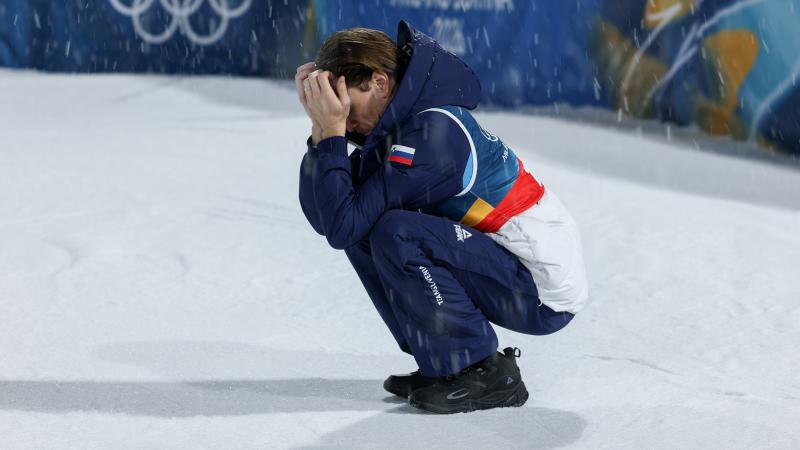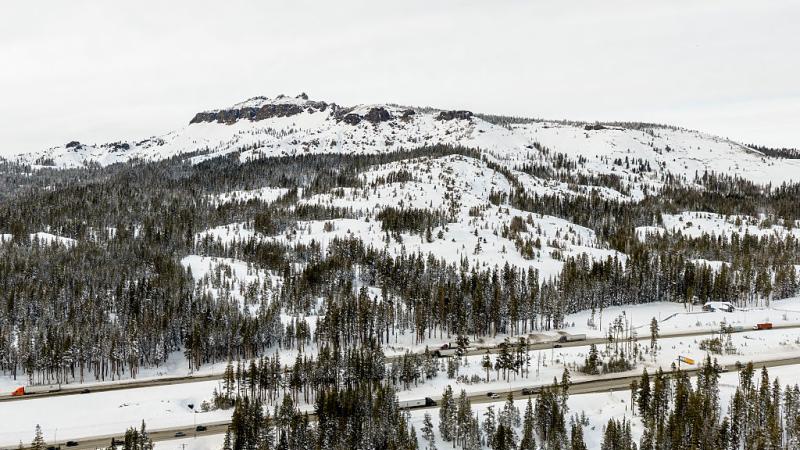Pope Francis' progressive reform of Catholic Church prompts internal backlash, talk of schism
Opposition to Francis is not new: Steve Bannon, a devout Catholic and former adviser to then-President Donald Trump, for years took aim at pope
Just after the one-time Catholic Cardinal Jorge Bergoglio was elected Pope Francis in 2013, he made an infamous lament over dinner with the cardinals who had just voted for him. “May God forgive you for what you’ve done,” he said.
Now, more than a decade later, an increasing number of church leaders openly agree with that sentiment, loudly bemoaning the direction taken by the first pontiff to be born in the Americas.
There have been multiple schisms over the 2,000-year history of the Roman Catholic Church, though the biggest ruptures the church has seen are buried deep in the history books. But for the first time in recent memory, the “s-word” is being dusted off and bandied in some circles.
The trend is being fueled by a series of progressive reforms in church doctrine Francis has promoted. Among the most contentious: changes to the way the church treats homosexuals, transgender people, women, and divorcees.
The pontiff has also reprimanded or demoted several conservative critics within the church, including Texas Bishop Joseph Strickland.
The latest development is that some 90 leading church thinkers – more than a dozen of them from the U.S. or with strong ties to the U.S. church – signed an open letter last week to “all cardinals and bishops of the Catholic church.”
The letter called for Francis to withdraw December’s “Fiducia supplicans” (the name is Latin for “Asking for Trust”) declaration that gave Catholic priests discretion to bless same-sex couples.
Opposition to Francis is not new. Between 2017 and 2019, Steve Bannon, a devout Catholic best known as a former adviser to then-President Donald Trump, took aim at Pope Francis, blasting the pontiff’s support for refugees and the poor and his criticisms of nationalism and unregulated capitalism.
There were even reports at the time that Bannon wanted U.S. Cardinal Raymond Burke, another church figure Francis demoted, to be held up as a kind of antipope. But that idea never gained traction and in 2019.
Though Bannon and Burke parted ways, Bannon also founded a short-lived “gladiator school” for conservatives in Certosa di Trisulti, an 800-year-old abbey near Rome, with the goal of training a new generation of right-wing leaders.
However the school – its official name was “The Academy for the Judeo-Christian West” – collapsed when its lease was revoked in 2021 amid financial discrepancies.
Francis is now 87 and in poor health, which means his critics will probably have to wait out his papacy while launching barbs from the sidelines. But the war over the future of the church is far from over: The next battle will be over Francis’s successor.
The more time that passes, however, the more likely it is that the next pontiff will be at least partially aligned with Francis on doctrinal matters.
A new pope is elected during a conclave made up of up to 130 so-called “cardinal electors,” the group of active cardinals under the age of 80. As of mid-February Francis had appointed 95 cardinal electors, compared to just 27 by his far more conservative predecessor Pope Benedict XVI and eight from Pope John Paul II.
The Facts Inside Our Reporter's Notebook
Links
- May God forgive you for what youâve done
- multiple schisms
- the âs-wordâ
- homosexuals
- transgender people
- women
- divorcees
- Texas Bishop Joseph Strickland
- open letter to âall cardinals and bishops of the Catholic church.â
- âFiducia supplicansâ
- took aim at Pope Francis
- Bannon and Burke parted ways
- lease was revoked in 2021
- poor health
- the future of the church
- Francis had appointed 95 cardinal electors
















